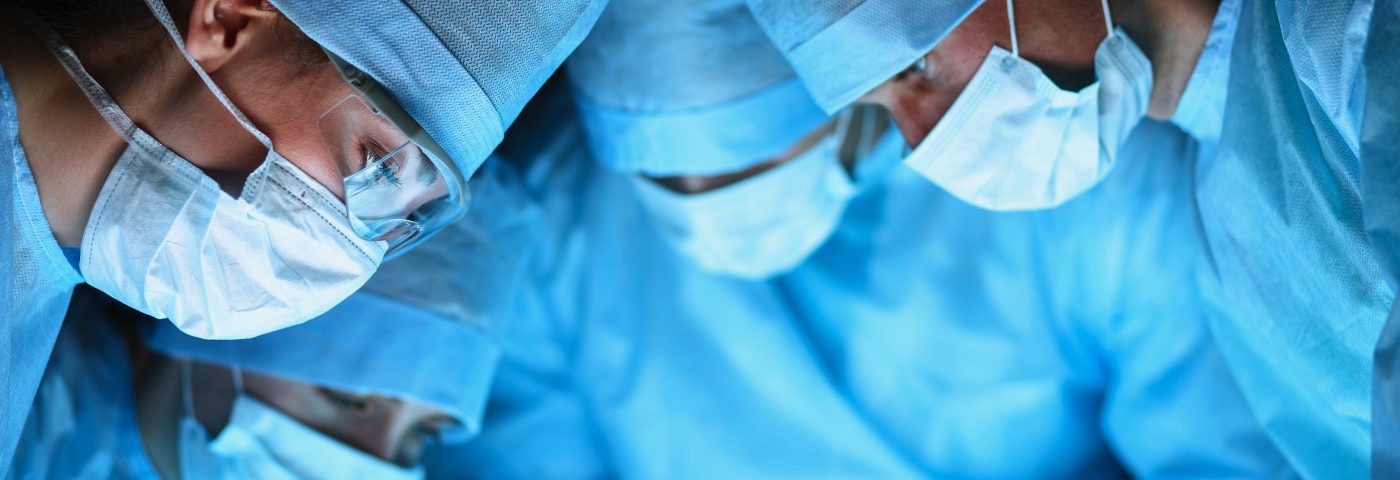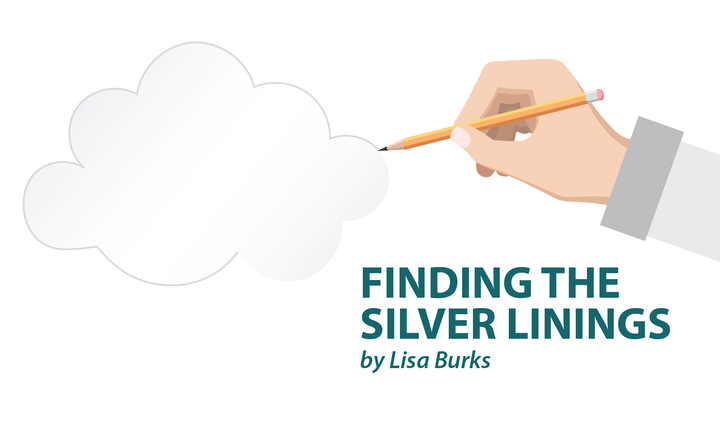In my last column, I wrote about how I had been experiencing side effects while receiving my Remicade (infliximab) infusion. This was due to the buildup of antibodies to the medication while off it for a prolonged period. There was a plan to receive IV Benadryl before my infusion to prevent these effects. I’m happy to report that it worked. The infusion went smoothly, and I experienced no side effects.
The night before my infusion I realized that I had forgotten to contact my doctor about an upcoming surgery. You are supposed to be off Remicade for at least four weeks prior to and four weeks following any surgery. This is because Remicade is a biologic medication and it can delay healing from surgery and increase the risk of postoperative infection. I was scheduled for eye muscle surgery on June 22. I have exotropia, meaning my eyes face outward giving me double vision. Wearing glasses usually corrects the double vision, but my eyes had reached a point where glasses were no longer enough, and surgery was my only option.
I called my GI doctor first thing in the morning to get permission to receive the infusion. This was No. 3 of the loading doses, which are very important to receive on time, otherwise, you may need to start the loading doses all over again. He told me that even though the surgery was less than four weeks away, it was OK because eye muscle surgery is not as invasive as orthopedic or gallbladder surgeries. So I was good to receive the Remicade.
After my infusion, I saw my orthopedic doctor, where I faced a new obstacle. I found out that I would need surgery in less than one week. My surgeon wanted to do a left shoulder arthroscopy to check whether I had an infection in the tissues or bone surrounding the prosthetic from my shoulder replacement.
I called my GI doctor again. He explained the risks of having surgeries while on IBD medications. I was already pushing my luck having eye muscle surgery two weeks out from the Remicade, but needing a more invasive surgery less than a week after an infusion would give me a greater chance of complications.
I also take steroids regularly, and these medications pose the same sort of risks as biologics when it comes to slow healing and possible complications. Unfortunately, I had no other choice. An infection in or around an artificial joint can lead to problems ranging from sepsis to having to lose the shoulder replacement completely. This scared me. We decided the risks of not having the surgery were worse than the risks of having it. My GI doctor also warned me that the stress of surgery and the anesthesia could mess with my Crohn’s disease.
Surgery time
The shoulder arthroscopy went smoothly on June 13. My orthopedic surgeon sent off some biopsies of my tissues and bones to check for any infection. I dealt with normal post-surgical pains and, as expected, some Crohn’s issues as well. The first two days after surgery were like I had little control over my bowels. Not fun. Cramping and countless emergency trips to the bathroom. It eased up around day four, before my bowels decided to do the opposite and constipate instead. My GI doctor said he expected these issues would resolve as the medications left my system — and they did.
On Friday, June 22, I had the eye muscle surgery. That surgery went smoothly as well. I woke up with some eye pain and a massive headache, and could only make out colors. I was told that would be normal for a few days. I dealt with the same post-surgery Crohn’s issues.
Small complications
Things changed the next day. I developed a fever and two other problems. I discovered a golfball-sized lump just under my shoulder incision. That warranted a trip to the ER to rule out a post-surgical infection. Thankfully, the lump was just a collection of blood and fluids. The doctor decided not to drain the shoulder because it could introduce an infection. We will wait to see if the body will absorb the fluids or if the shoulder will need to be drained in the future.
The other issues were that my eye surgeon wanted to see me promptly. My right eye was facing forward, but my left eye had turned completely inward. It turns out the muscles that had been cut to fix my eye from turning outward had overcorrected and then twisted, making my eye completely turn inwards. This means that I needed another surgery on Friday, June 29, to fix the eye. There is a chance that the chronic steroids and Remicade may have played a role as to why the muscle surgery didn’t turn out as expected. Both medications (steroids especially), can delay the body’s ability to heal and cause muscles to weaken.
I fear that three surgeries immediately after Remicade might be too much. Right now my doctors have me on antibiotics to help avoid an infection complication from taking over. Thankfully the cultures sent off from the shoulder tissue and bone biopsies have not grown anything at this time. At least I know now that if needed in the future, it is possible to have surgeries earlier than the standard Remicade surgery four-week rule of thumb.
***
Note: IBD News Today is strictly a news and information website about the disease. It does not provide medical advice, diagnosis, or treatment. This content is not intended to be a substitute for professional medical advice, diagnosis, or treatment. Always seek the advice of your physician or other qualified health provider with any questions you may have regarding a medical condition. Never disregard professional medical advice or delay in seeking it because of something you have read on this website. The opinions expressed in this column are not those of IBD News Today, or its parent company, BioNews Services, and are intended to spark discussion about issues pertaining to IBD.


